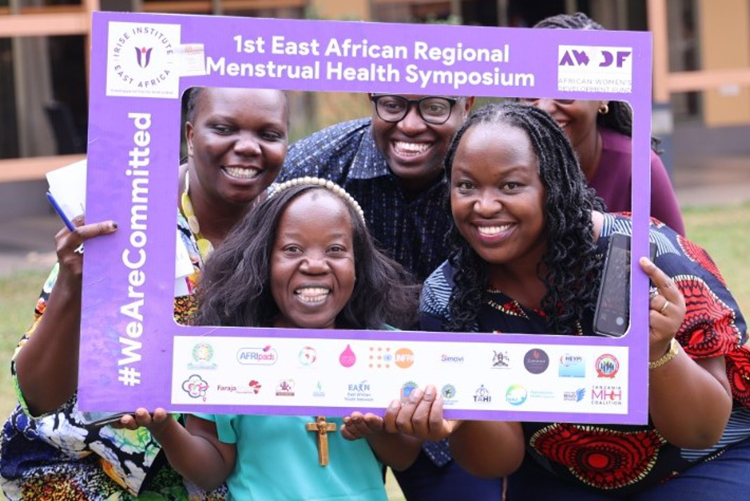World Development Water and Sanitation – Main Grants Projects Supported
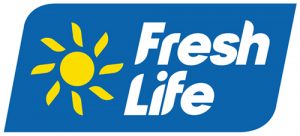
The Sanergy Collaborative is transforming sanitation in Kenya’s urban informal settlements with safe, affordable, and eco-friendly solutions, provided by its two founding partner companies. Fresh Life installs user-friendly container-based toilets in homes and shared spaces, combined with regular waste collection to keep communities clean and healthy. Waste from Fresh Life Toilets is recycled by Regen Organics into valuable end-products such as organic fertiliser and animal feed, while waste from pit latrines is safely collected at Mtaa Fresh stations and treated by Nairobi Water & Sewerage Company, Fresh Life’s public utility partner, ensuring that all sanitation waste is managed responsibly.
The Waterloo Foundation supports Fresh Life with innovative funding tied to key performance goals, helping to expand and sustain container-based sanitation services across Nairobi. This approach also paves the way for lasting partnerships with public utilities, supporting the integration of container-based sanitation into city-wide plans and expanding access to safe and convenient sanitation for vulnerable residents.
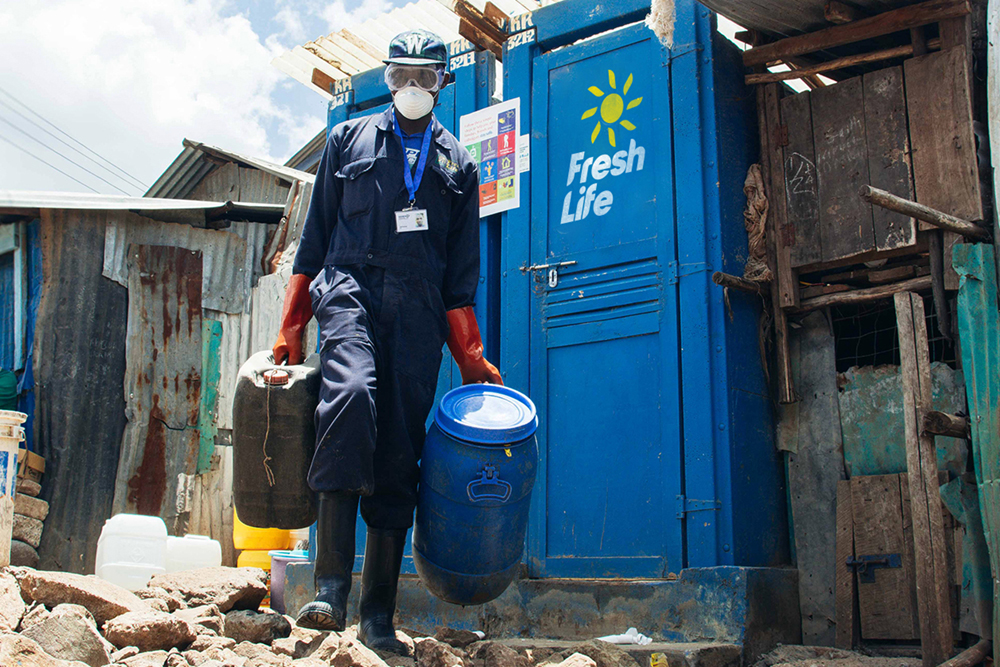

Uptime is revolutionizing access to reliable drinking water for millions of rural communities worldwide. By designing and delivering results-based funding as a subsidy to rural water service providers, Uptime helps keep water flowing across countries contexts and infrastructure types.
The Waterloo Foundation has provided multi-year core support to Uptime, helping to pilot their standardised funding model with trusted service partners and then to grow the approach to reach over 5 million people across Africa, Asia, and Latin America – with a subsidy of less than $1 per person per year. Now, Uptime is partnering with governments to scale up drinking water services, showing how funding can be transparently and cost-effectively linked to verified service performance – with a goal of reaching 100 million people with a reliable water service by 2030.
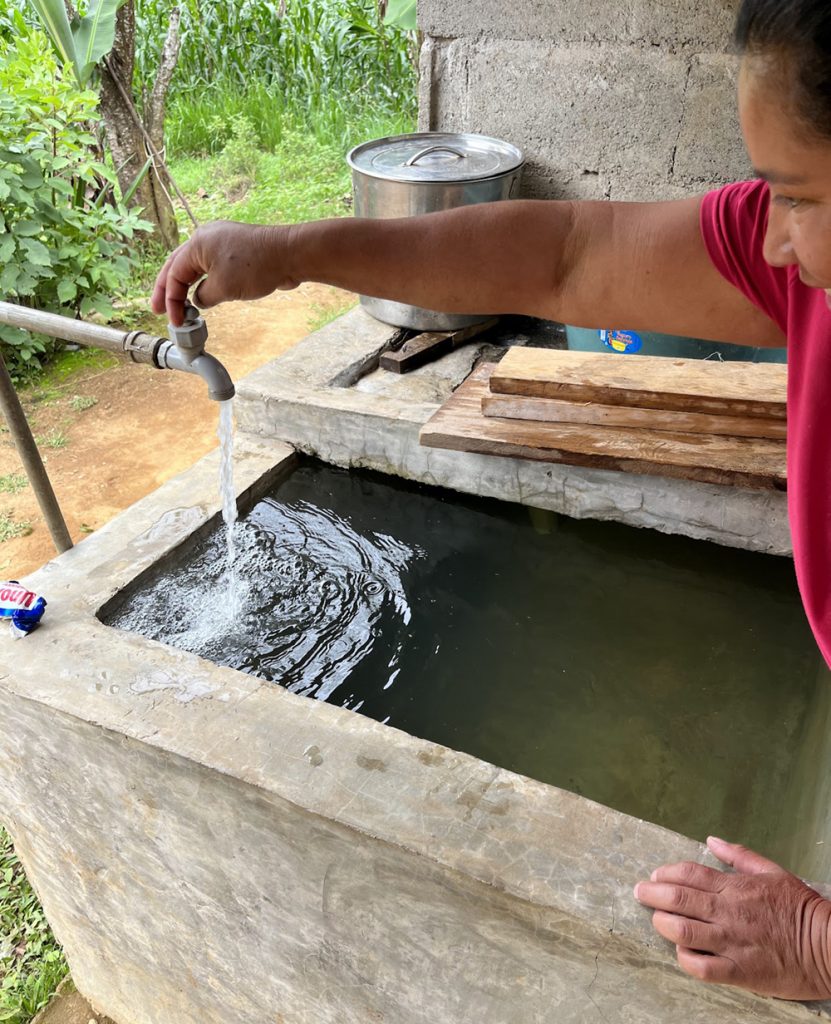

Stop the Rot is shining a spotlight on a hidden crisis which continues to undermine access to safe water in Sub-Saharan Africa. Hosted by the Skat Foundation, this initiative exposes the widespread use of poor-quality handpump components alongside the rapid corrosion of handpumps—two issues that severely impact the performance and reliability of rural water sources often leading to poor quality water and early breakdown of handpump sources. When handpumps fail or deliver unpalatable water, communities are often forced to return to contaminated or distant water supplies.
With ongoing support from The Waterloo Foundation, Stop the Rot is raising awareness of these critical issues and catalysing action to address them at international and national levels across Sub Saharan Africa. In doing this, this work is helping to instil a culture of quality into rural water supplies and to ensure more communities across sub-Saharan Africa have reliable access to safe drinking water.
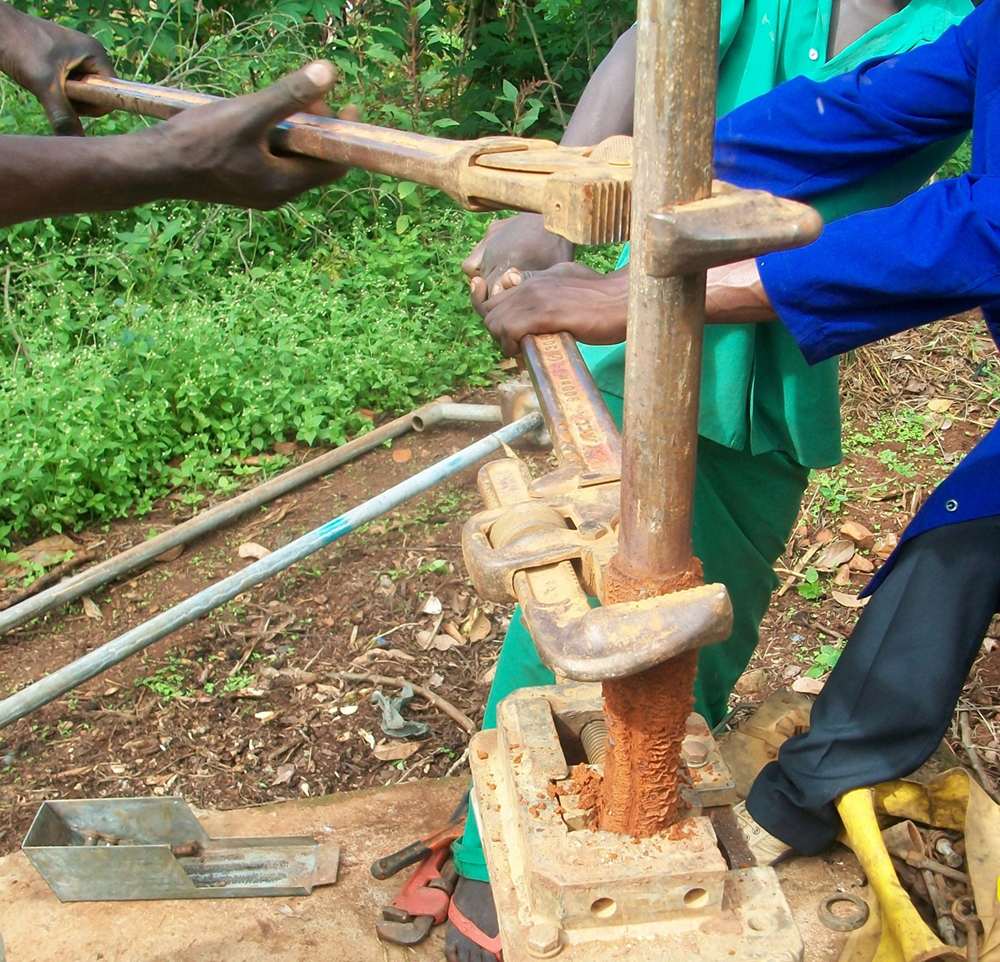
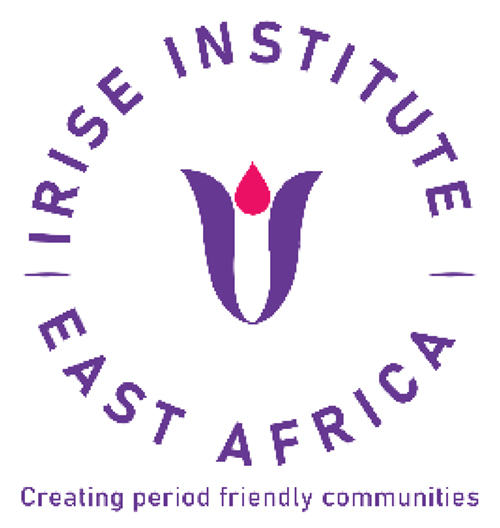
TPEN (The Period Equality Network) is transforming menstrual health and hygiene across East Africa through grassroots collaboration and culturally-relevant action. Hosted by the Irise Institute East Africa and supported by Irise International, TPEN is a dynamic coalition of East African-led organisations and social enterprises committed to improving menstrual health and hygiene across the region through collective grassroots action.
TPEN was launched in 2021 with the help of The Waterloo Foundation. Since then, the network has grown rapidly – from 30 members to nearly 300 in its first three years. The Waterloo Foundation continues to support TPEN through Irise, helping to develop its first dedicated strategy and supporting core activities. This includes seed funding for a micro-grants programme that enables TPEN members to lead impactful menstrual health initiatives in their communities.
